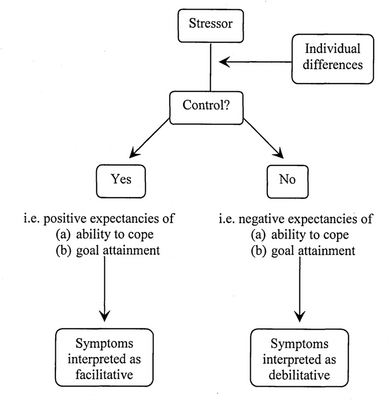Competing in the world of strength athletics requires not only physical prowess but also mental resilience. As a strength athlete, it is not uncommon to experience competition anxiety, a feeling of nervousness or stress before and during a competition. However, with the right strategies and mindset, you can effectively cope with competition anxiety and perform at your best. In this article, we will explore some valuable tips to help strength athletes overcome competition anxiety and thrive in their chosen sport.
Understanding competition anxiety
Competition anxiety, also known as performance anxiety, is the fear or apprehension that arises from the anticipation of a competitive event. It can manifest in physical, cognitive, and emotional symptoms and can significantly impact an athlete’s performance. Common symptoms include increased heart rate, trembling, negative thoughts, loss of focus, and self-doubt.
Preparing physically and mentally
Physical and mental preparation go hand in hand when it comes to coping with competition anxiety. Ensure you have dedicated ample time to train, hone your technique, and build your strength. A well-prepared body will contribute to a more confident mindset.
Alongside physical preparation, prioritize mental training as well. Techniques such as mindfulness exercises, visualization, and positive self-talk can help alleviate pre-competition stress. Engage in mental exercises, visualize your success, and replace negative self-talk with positive affirmations.
Establishing a routine
Having a pre-competition routine can provide stability and comfort to combat anxiety. Establish a routine that includes warm-up exercises, stretches, and mental preparation. Routines help create familiarity and reduce the uncertainty that often accompanies competition.
Practice your routine consistently during training so that it becomes second nature. By replicating your routine on competition day, you can create a sense of normalcy despite the added pressure.
Focus on controllables
One common cause of competition anxiety is fixating on things beyond your control. Instead, shift your focus towards the controllable aspects of your performance. Concentrate on executing proper technique, maintaining good form, and giving your best effort. By honing in on what you can control, you will feel more empowered and less overwhelmed.
Avoid comparing yourself to others or becoming preoccupied with the outcomes of the competition. Remember, your primary competition is yourself – aim for personal growth and progress rather than solely focusing on winning.
Breathing and relaxation techniques
Breathing exercises and relaxation techniques are powerful tools for managing stress and anxiety. Prior to competition, find a quiet space and practice deep breathing. Inhale slowly through your nose, filling your belly with air, and exhale slowly through your mouth. This technique helps activate your body’s natural relaxation response, reducing the intensity of anxiety symptoms.
Additionally, explore other relaxation techniques such as progressive muscle relaxation or guided imagery. These methods can help you calm your mind, release tension, and foster a state of mental and physical relaxation.
Seek support and accountability
Strength athletics can be physically and mentally demanding, and it is essential to have a support system in place. Reach out to fellow strength athletes, coaches, or mentors who understand the challenges you face. Share your experiences and engage in open conversations about competition anxiety. Knowing that you are not alone in your struggles can provide immense comfort and reassurance.
Consider working with a sports psychologist who specializes in performance anxiety. They can provide tailored strategies, coping mechanisms, and mental exercises to help you manage competition anxiety effectively.
Embrace the experience
Competition anxiety is a natural response to the pressure of performing at your best. Instead of viewing anxiety as a negative force, reframe it as an indicator of your passion and dedication to your sport. Embrace the butterflies in your stomach and use them to fuel your performance.
Remember that competing is not solely about winning but also about personal growth, self-improvement, and enjoying the experience. Embrace the journey, appreciate the camaraderie among athletes, and focus on the personal milestones you achieve along the way.
Conclusion
Competition anxiety may accompany strength athletes of all levels, but it doesn’t have to hinder your performance. By adopting a combination of physical and mental preparation, establishing routines, focusing on controllables, utilizing relaxation techniques, seeking support, and embracing the experience, you can effectively cope with competition anxiety and thrive in the competitive world of strength athletics. The key lies in developing a resilient mindset and channeling anxiety into a source of motivation.

